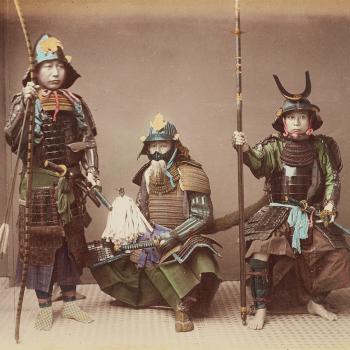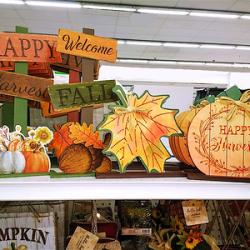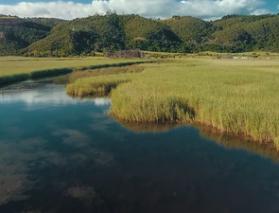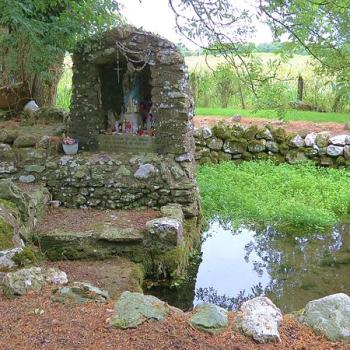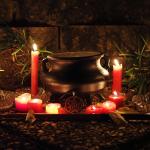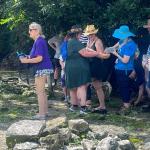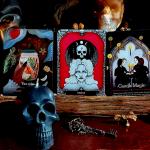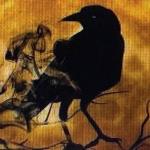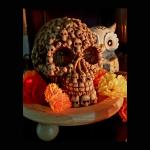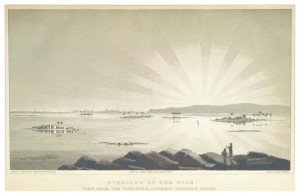 One of my very favourite aspects of being Unitarian Universalist is how deeply embedded in our traditions and expressions we hold seemingly opposite things in tension together to not only break down binaries, but also create a new space in which those opposites offer up a new way of thinking or doing.
One of my very favourite aspects of being Unitarian Universalist is how deeply embedded in our traditions and expressions we hold seemingly opposite things in tension together to not only break down binaries, but also create a new space in which those opposites offer up a new way of thinking or doing.
In the Northern Hemisphere, Wiccans are past the Summer Solstice, and summer is waning. Lammas/Lughnasa will be upon us before we know it. Among all the numerous and varied histories of this time of year, from all different cultures and places in the world — Corn Maidens, Harvest Kings, Lugh of the Silver Hand, and on and on — I found the juxtaposition between the ancient Greco-Romans’ perception of the rising of the Dog Star, Sirius, with how the ancient Egyptians perceived the same astronomical event, to be the most fascinating.
I was preparing to supply a UU pulpit in late summer a couple of years ago, struggling to find a message for the congregation in a time of turmoil in our own country and beyond. In my research I found, of course, more than I ever thought was possible about sacrifices of Harvest Gods, Corn Maiden and Mother legends speaking to the worst of historical patriarchy, and a veneration of Warrior Magic. It was all parties and celebrations, and as that summer progressed, not at all what I felt needed to be spoken.
But in the midst of all of this, I read about the ancient Egyptians, and how the rising of Sirius heralded the flooding of the Nile river. The rising of the waters would deposit rich soil on their land that would stay when the waters receded, and allowed them to grow crops and sustain a civilization that did not just survive, but flourished into a dominant power in the region and beyond. For them, Sirius rising was not about the harvest itself, but the promise of the harvest to come. It was not about results, but about hope.
This is in direct contrast with how the Greco-Roman culture perceived the rising of Sirius, which preceded a period of time far more aligned with my own perception of late summer: a searing heat that destroys rather than nourishes. This is the source of the phrase “the dog days of summer,” and numerous ancient writers spoke of its ill effects. Pliny wrote that Sirius “sheds a killing light,” while Aristotle claimed it caused liquids to move of their own volition, leading to rough seas, bubbling wine, and stirring marshes. Hesiod believed it to be the cause of drought, sterilizing seeds in the earth. The most vivid description, however, comes from the astronomer Manilius:
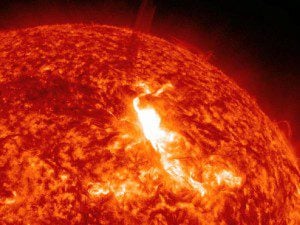
It barks forth flame, raves with its fire, and doubles the burning heat of the sun. When it puts its torch to the earth and discharges its rays, the earth foresees its conflagration and tastes its ultimate fate. Neptune lies motionless in the midst of his waters and the green blood is drained from leaves and grass… beset by temperatures too great to bear, nature is afflicted with a sickness of its own making, alive but on a funeral pyre: such is the heat diffused among constellations, and everything is brought to a halt by a single star.
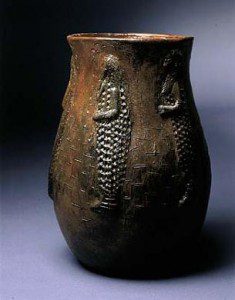
The nature of which he speaks is not exclusive of human beings, as he writes that this period of time brings out the worst in us as well: “anger, hatred, fear, impetuosity, frayed tempers, and arguments.” As I have watched and read the news this summer, even just this week, I cannot bring myself to disagree.
I don’t know about you, but I am overwhelmed. And I realize that moments like this are why I am, religiously, a Unitarian Universalist. We don’t have a particular sacred scripture, or a creedal test, or many other things that lots of religions rely on to exist. What do have, however, are seven principles that are not beliefs, but things that we covenant, together, to make manifest in the world. Where they already exist, we support them. Where they do not yet exist, we strive to make them so. We combine reason and faith to make visions into realities, and we try to do it as inclusively as possible. And this is where I finally found my way back to the modern Wiccan rituals and traditions, and the aspect of Lughnasa that celebrates Warrior Magic.
To quote Anna Franklin and Paul Mason in their book Lammas, “The warrior here is a psychic warrior; their weapons are body, mind, and spirit. These must be trained to work in harmony. The warrior will face their own fears; they develop their spiritual courage and hone their will.” I have 1 encountered the term “social justice warrior” a lot lately, used as a pejorative. I want to own it, proudly.
As a denomination, we UUs are coming into our own identity, instead of the incoherent mishmash made famous by Garrison Keillor. We are not, as many think, the place where you can believe anything, but rather the place where your own personal beliefs, whatever they are, must tempered by the understanding that we are part of a congregational, a local, a regional, a national, and a global community, all at the same time, and that we are working towards something that brings compassion, healing, and nourishment to the multiverse. Let our warriors’ weapons be our bodies and voices in witness to the pain and suffering in all places, including that of our planet’s ecosystems.
May it be so, and blessed be.







